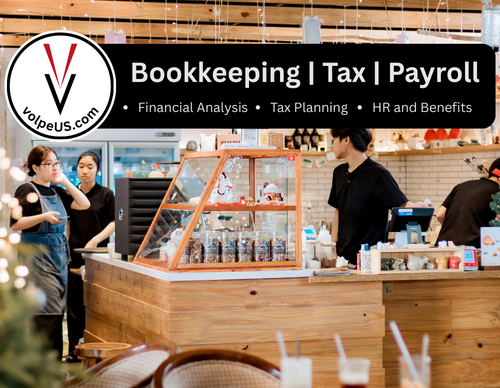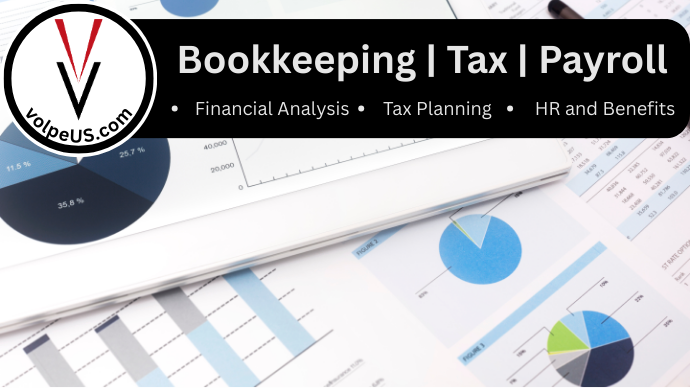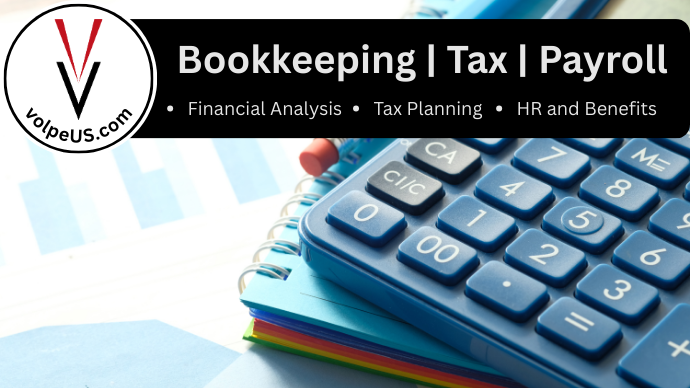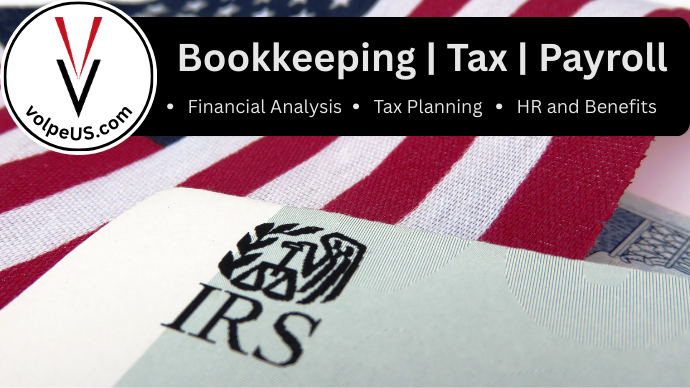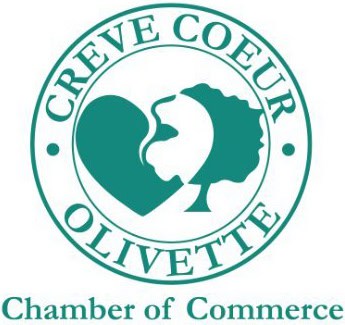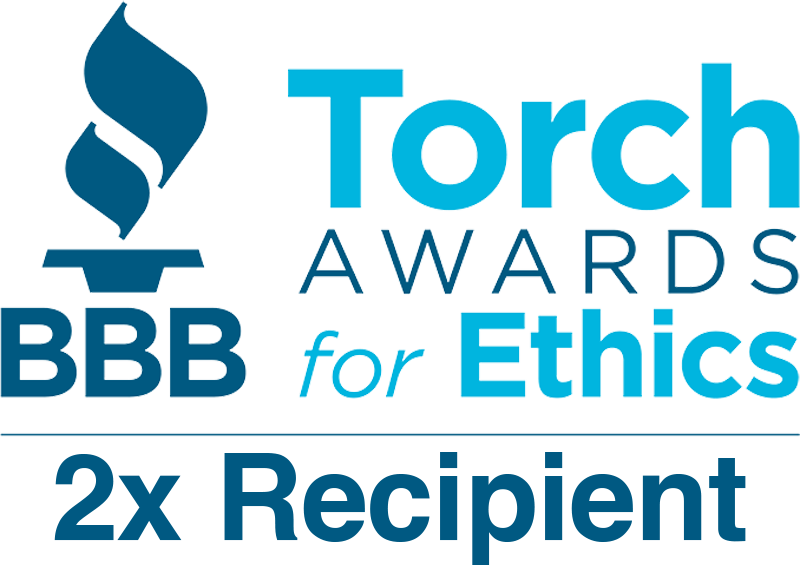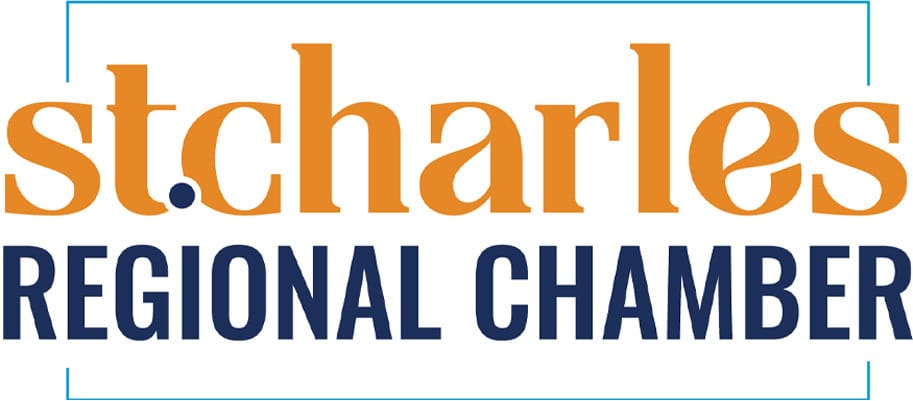Executive Summary
This article provides a comprehensive guide for business owners on how to effectively manage and store excess cash. It explores various financial avenues, highlighting their benefits and drawbacks to help businesses make informed decisions.
Key Investments Discussed:
- Checking/Savings Accounts
- Money Market Funds
- Treasury Securities
- CDs
Introduction
Not every business owner ends up in a beneficial predicament of having too much cash, but here you are, with more than you know what to do with! You try picking up your wallet; it feels like you’re at the gym. Picking up a dollar off the ground? No longer worth it. With all this success, you aren’t sure what to do… and have never had someone to help guide you. In this article, we will explore the practical ways to store your money, prevent depreciation, and explore some different yields which can be reasonably achievable.
There’s an almost inexhaustible list of places where extra money can be kept. Financial advisors may try to entice you and to invest your funds where they see fit: Thankfully, you’re financially savvy and have been reading articles, absorbing knowledge, and preparing your moves; you’re wanting to keep everything closer to the chest for expansion rather than fees.
Jump to a Specific Section
Money Avenues
Checking/Saving Accounts
Current rates: About 0.01% – 4%
Banks are the most traditional and common place for someone to store their money. One of the greatest reasons for this is FDIC insurance. FDIC stands for the Federal Deposit Insurance Corporation (FDIC), which insures each depositor up to $250,000 per insured bank. If you have $400,000 in cash, keeping your money in two different banks where one holds $250,000 and the other holds $150,000 will ensure that your whole sum is covered. Most banks don’t offer interest tied to their checking accounts, but there are other benefits to having a normal bank, including:
- Paying bills easily from one location
- Ease of creation
- Instant transfers between accounts (i.e., having an operations account separate from a capex account)
Savings accounts are also insured under FDIC but also have the advantage of having a slight amount of interest tied to the funds deposited into them. There are a wide range of rates offered currently, from 0.01% all the way up to 4%. Typically, to closer to the higher end of things, you’ll need a larger account size of $1,000,000 or more.
Pros:
- Traditional and stable
- Also easy to create
- FDIC Insured
Cons:
- Some require monthly minimums to avoid fees
- Returns can be lower than some of the other options
Money Market Funds
Current rate: About 4 – 4.5%
Money market funds (MMF) can be a great place to put your money. To acquire a money market fund, you’d need to open a brokerage account, deposit funds, and then opt to allocate those funds into an MMF. MMF’s typically invest the funds in very low risk outlets, such as commercial paper or treasuries. One great thing about them is liquidity. Funds are typically able to be withdrawn back to your account within a few days.
Pros:
- Easy to enter, easy to exit; liquidity
- Competitive rates
- Low risk
Cons:
- Lack of FDIC insurance
- Higher interest rates typically require much larger deposit amounts from minimum
- Rate fluctuations
Treasuries
Current rate: 3.73% – 4.81%
Treasuries are bonds backed by the full faith of the U.S Government. They include treasury bills, notes, and bonds, with the difference between the three being the time frames. Treasury bills (T-bills) mature within a year, notes range from 2 to 10 years, and treasury bonds are between 20 and 30 years. The typical range of offerings at a treasury auction range from 1 month to 30 years.
Treasuries are tax advantaged in that the interest accrued is exempt from state and local taxes; however, federal tax does still apply. On top of this, they are still considered liquid assets. Depending on the instrument, finding a buyer may not be immediate in the secondary market; however, selling within a reasonable timeframe can still be expected.
One downside to treasuries is that they’re subject to interest rate risk. Interest rates on notes you purchase are fixed at the time of sale. If rates considerably increase prior to your maturity date, you may be inclined to sell and find another outlet; this may require selling the note at a discount in the secondary market to account for the difference in lost interest compared to what a buyer could currently achieve.
Pros:
- Lowest risk investment
- Reduced taxes on gains and interest
- Still considered a liquid vehicle
Cons:
- With the low risk of treasuries, lower rates are typical versus a riskier asset
- Interest rate risk and potential of selling your treasuries at a discount

Certificates of Deposit (CDs)
Current rate: 4.05% – 4.45%
Certificates of Deposit (CDs) are bank offerings to their depositors which are like treasuries in that they have varying maturity dates. Typical timeframes range from 3 months to 5 years although there are some that last for up to 10 years. Once a selected, your rate of return is fixed for the duration of the CD, and early withdrawals will typically be accompanied by significant fees and/or penalties – This makes them relatively illiquid compared to the options we discussed above. CDs are, however, backed by FDIC coverage.
If you’re considering a CD, but are wary of the illiquidity, an alternative could be a CD offered by a brokerage house. Purchasing a brokered CD results in the eligibility to sell in secondary markets, like with stocks and bonds. The downside: Brokered CDs are not considered very liquid. There is also the likelihood that your CD devalues in a rising interest rate environment.
Pros:
- FDIC insured
- Competitive rates
- Eligibility to sell in secondary markets to avoid early withdrawal penalties, if purchased through a brokerage
Cons:
- Fees/Penalties for early withdrawal if purchased through a bank
- Considered illiquid
- Interest rate risk
What to look for
With so many possibilities, what’s the best option for your business?
It can be a tough choice. One major (possibly the biggest) factor is reviewing the interest rate, and how that rate of return would compare to other options. The timeframe of your choice is highly important as well – Does your business operate in a volatile market? Are you just starting to breakeven, but might still need emergency funds for an unexpected event? If so, keeping regular checking and savings accounts will provide the most liquidity of everything discussed above. If access to cash is a necessity, this will ensure it’s available to you when needed.
Do you have a bit of a nest egg, but you still worry about volatility in general? Perhaps you should look at a money market account: Higher interest rates while retaining liquidity. If time isn’t a major factor, opting for longer-term securities like CDs or Treasury instruments may be a way for you to lock in a rate, go about your day-to-day, and prepare for future expenditures with the notion that your funds are secured.

Conclusion
Understanding your position, finances, and the overall direction of your company will be key in determining how excess cash is dealt with. For many businesses, this may mean that access to funds is crucial to handling unexpected expenses day-to-day. For others, fortunately, time may be less of a factor, resulting in some options with slightly higher rates of return.
One good exercise to practice could be to perform a quick forecast of your next month, quarter, and year. Review prior periods and gain an understanding of your upcoming goals for the business and what’ll be required to achieve them. From there, allocate funds based on your individual need. Perform these forecasts diligently – If the situation changes, adapt as quickly as possible to maintain the flow and growth of your organization. For more information on forecasting, here’s a link to a mini-series we wrote on the topic a little while back.
Thanks everyone and have a great rest of your week.
- Volpe Consulting & Accounting
If there’s a pain point within your operation that you’d like to discuss, we’re here. We’d appreciate the opportunity to look into it with you and hopefully provide some insight as to how you can move forward. For more information, or to just put a few faces to the name,
Disclaimer: The content on this blog is for informational, educational, and occasional entertainment purposes only. It should not be construed as legal, tax, or financial advice.



